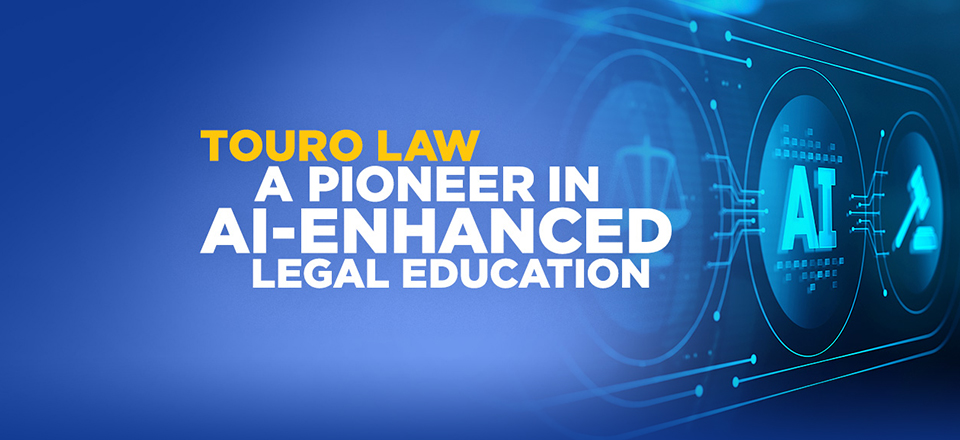Featured Content
About
Featured Content
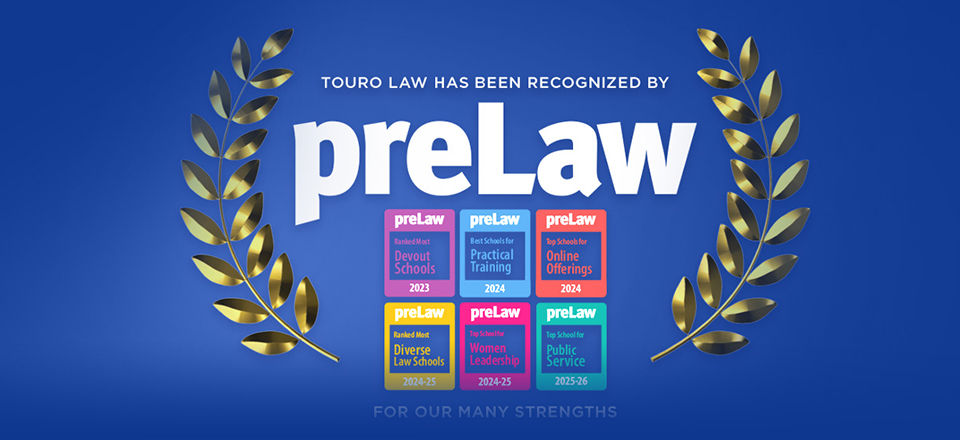
Why Touro Law?
preLaw Magazine recognizes Touro Law for programs and strengths.
.jpg)
Top NY School for Professor Accessibility
Touro Law is the top-ranked New York law school for professor accessibility according to The Princeton Review 2024.
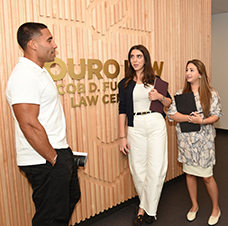
Student Spotlight:
Tamara reflects on her opportunity to attend Touro Law's FlexTime Program while maintaining her full-time job.

Student Spotlight:
From hesitant participant to passionate advocate, Olivia's story is one of growth, intentionality, and the power of saying yes to opportunities that push us beyond our comfort zones.
.jpg)
Touro Law to Host Disability
Hundreds of participants and presenters will gather for our 3rd annual Disability Rights & Inclusion Conference.

Spotlight Professor Emeritus
Dean Langan is pleased to announce the appointment of Professor Marjorie A. Silver to the status of Professor Emerita.
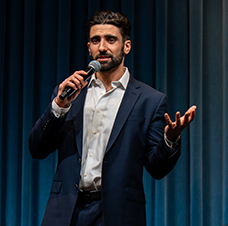
Alumni Spotlight:
Jonathan Z. Cohen’s '17 journey from a determined student at Touro Law and the Touro Graduate School of Business to a successful business leader is a testament to the power of education, perseverance, and a deep sense of responsibility.
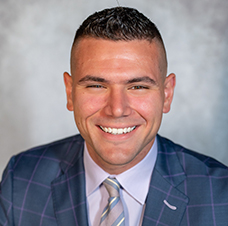
Student Spotlight:
Meet Daniel Scarda, a second-year FlexTime JD Program student who's enhancing his real estate development career with legal expertise.
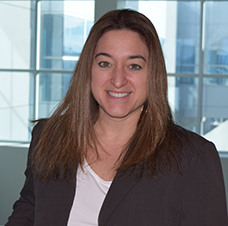
Administrative Spotlight:
Touro Law Center’s Assistant Dean of Teaching Effectiveness, Patricia Baia PhD, has been selected to serve as an AI Fellow for the Touro University Center for Excellence in Teaching and Learning (CETL) Faculty Fellows Program.

Employment Success
The Class of 2024 achieved a record-breaking job placement rate!

Immigration Clinic Win!
Touro Law students in the Immigration Rights Clinic won a difficult victory for a Guatemalan woman facing persecution in her home country - changing a life while learning the law.

New Institutes Make Headlines
Touro's new institutes have caught the attention of preLaw and National Jurist magazines.

Dedicated to Student Success
Asst. Dean Dagostino oversees a comprehensive support system designed to help students succeed from their first year of law school through the bar exam.

Learning Criminal Law
Touro Law’s Prosecution Clinic bridges the gap between academic study and real-world application.
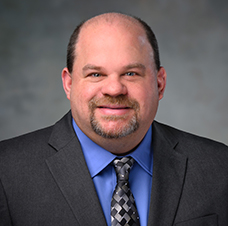
A Doctor's Journey to Law
Now in his final year at Touro Law in the FlexTime Program, Dr. Antonio Reyes has navigated the unique challenges of pursuing legal education while maintaining his medical career – in South Dakota.
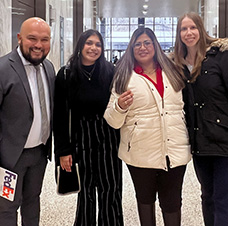
Clinic Spotlight:
Touro Law's Immigrant Rights Advocacy Clinic Helps Rosa Jimenez Secure Green Card After Years of Injustice.
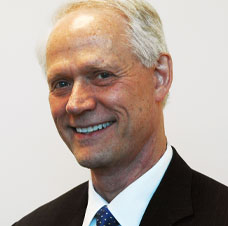
In Memoriam:
We announce with profound sadness the passing of retired Professor Douglas Scherer, a cornerstone of Touro Law for nearly four decades.
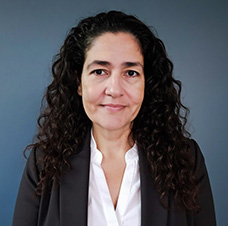
Alumni Spotlight
Dana Ortiz-Tulla's journey to becoming the Lead AI Trainer for the New Jersey Judiciary is a testament to resilience, curiosity, and the power of seizing the right moment.

Professor Abramson Recognized
Professor Abramson has been named a global thought leader in commercial mediation by Who's Who Legal for 2025.

Immigration Clinic Helps
Clinic students recently participated in a pro se asylum clinic as part of EOIR's “Attorney of the Day” initiative.

Faculty Spotlight
Assistant Professor of Law Gabriel Weil may be best known for his scholarship in environmental law. However, he has recently expanded his scholarly research and interest in the area of Artificial Intelligence, and one of his papers was recently discussed in Vox.
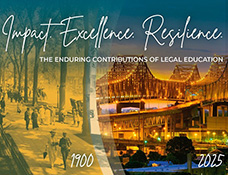
Touro Law Faculty at AALS 2026
Several Touro Law faculty members participated at this year's AALS Annual Meeting.

A JD Degree Can Advance Your Career
Explore the benefits of earning a law degree and all the ways it can help you advance your career (even if you’re not planning to be a lawyer) and learn how our hybrid FlexTime JD program is tailored to meet the needs of busy students.

All Rise
Professor Kramer takes students to court as part of the Court Observation Program to meet with judges, talk with attorneys, and give students a true look at what life is like as a legal professional on Long Island.
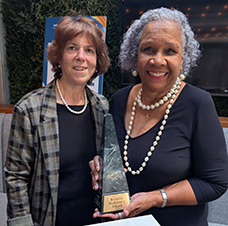
Professor Emerita McQueary Smith Receives Lifetime Achievement Award
Beverly McQueary Smith Earns 2025 ABA State & Local Government Law Section Jefferson B. Fordham/Daniel J. Curtin, Jr. Lifetime Achievement Award
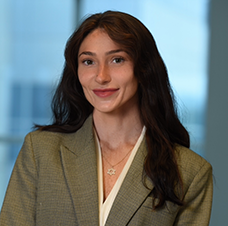
Student Spotlight:
Carly Slattery has always been drawn to advocacy and complex problem-solving and knew that law school would be the best path for her.

Alumni Spotlight:
Mulry is attorney in charge of the Legal Aid Society of Suffolk County. She's the first woman in that job, a role that she relishes as an attorney and activist for the poor, young, and elderly.

From Prescription Pads
After dedicating two decades to her career as a pharmacist and building her own successful pharmacy business, Lisa chose to pursue her lifelong dream of practicing law.


